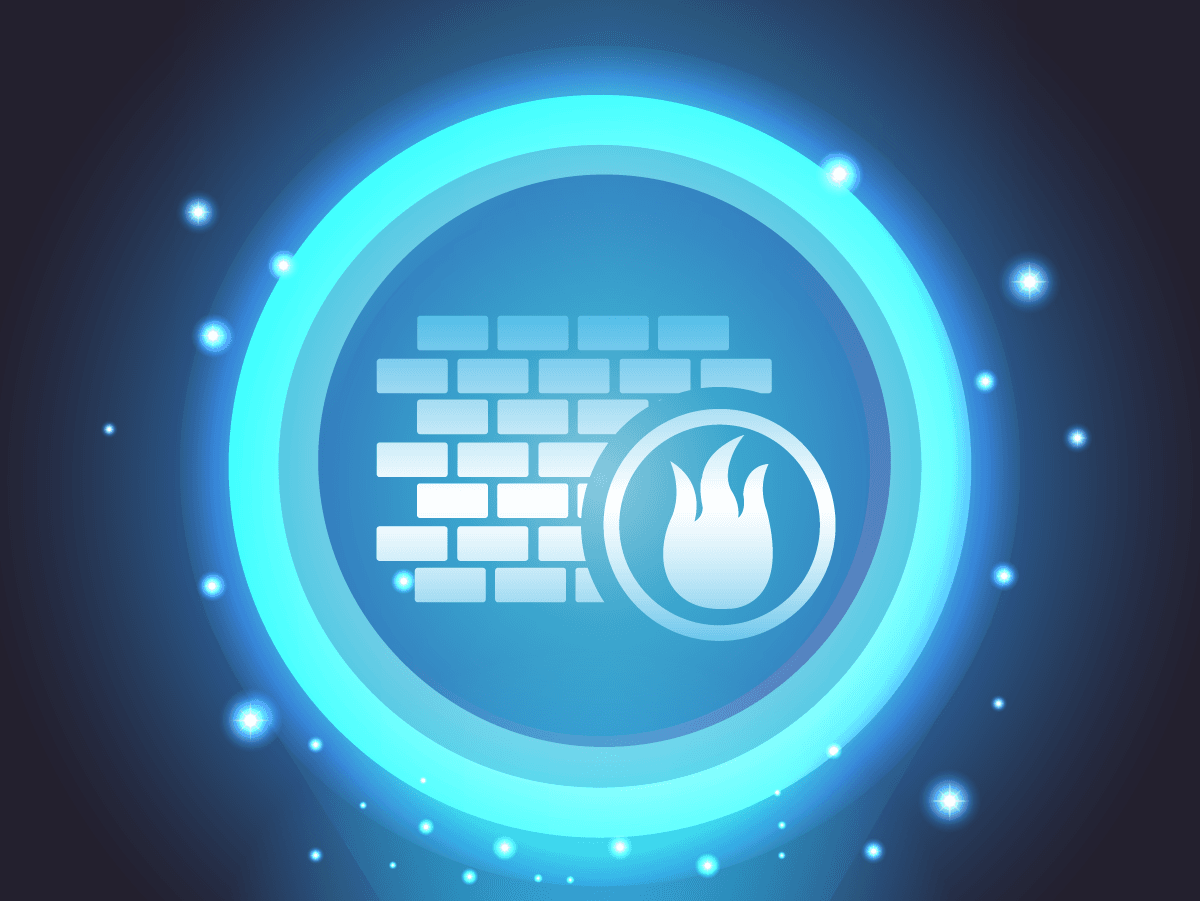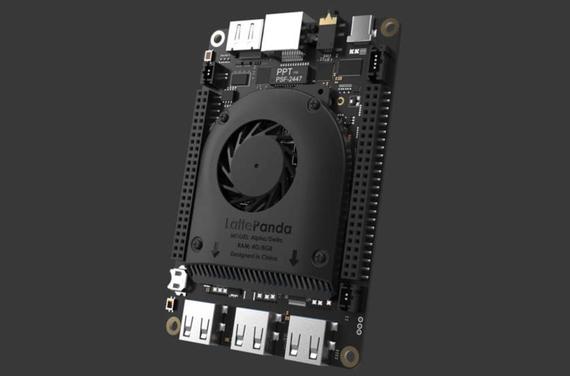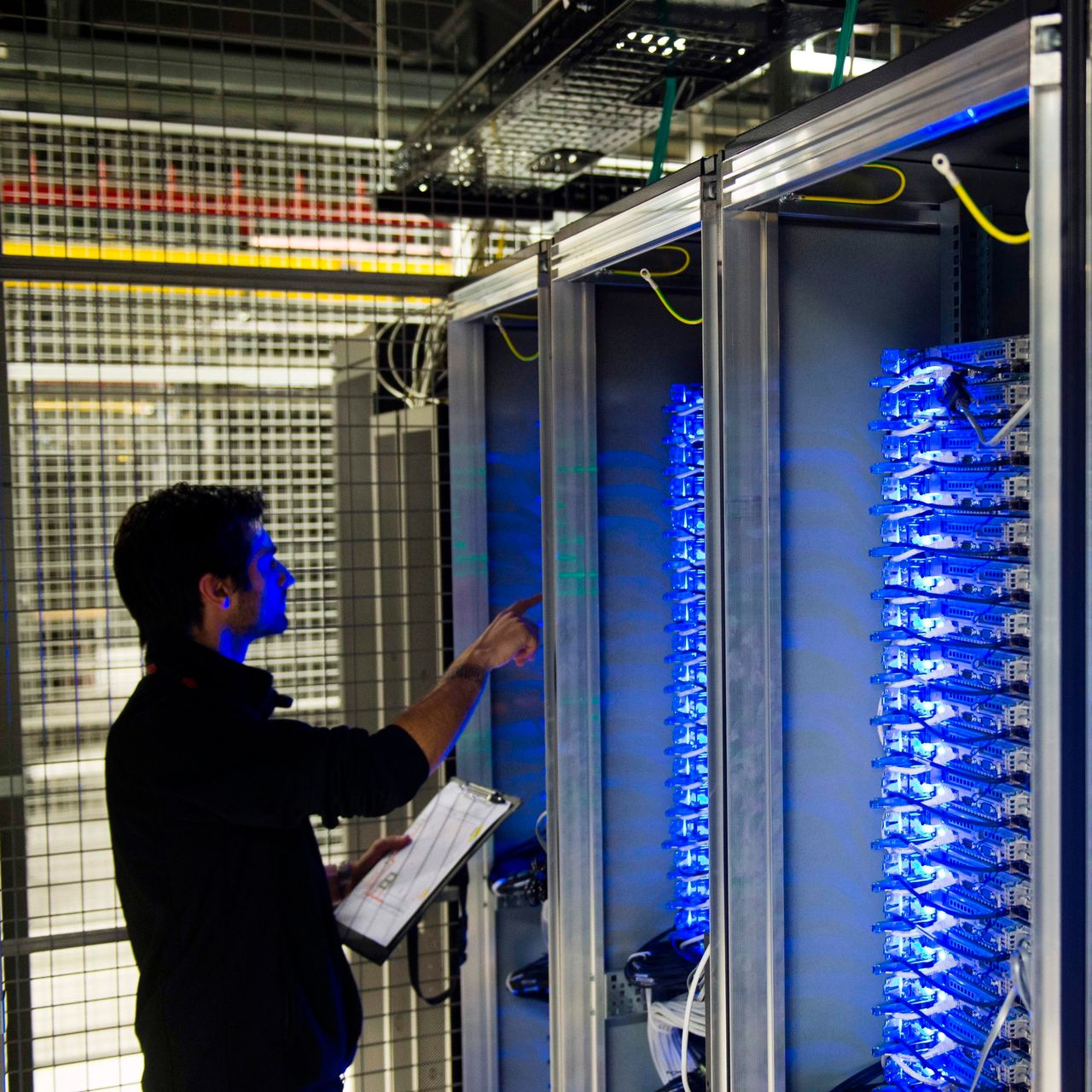
Let's Understand the Firewall
In computing, a firewall is a network security system that monitors and controls the incoming and outgoing network traffic based on predetermined security rules. A firewall typically establishes a barrier between a trusted internal network and an untrusted external network, such as the Internet.
Firewalls are often categorized as either network firewalls or host-based firewalls. Network firewalls filter traffic between two or more networks and run on network hardware. Host-based firewalls run on host computers and control network traffic in and out of those machines.
History
The term firewall originally referred to a wall intended to confine a fire within a line of adjacent buildings. Later uses refer to similar structures, such as the metal sheet separating the engine compartment of a vehicle or aircraft from the passenger compartment. The term was applied in the late 1980s to a network technology that emerged when the Internet was fairly new in terms of its global use and connectivity. The predecessors to firewalls for network security were the routers used in the late 1980s, because they separated networks from one another, thus halting the spread of problems from one network to another.
Before it was used in real-life computing, the term appeared in the 1983 computer-hacking movie WarGames, and possibly inspired its later use
Screenshot of Gufw: The firewall shows its settings for incoming and outgoing traffic.
The first reported type of network firewall is called a packet filter. Packet filters act by inspecting packets transferred between computers. When a packet does not match the packet filter's set of filtering rules, the packet filter either drops (silently discards) the packet, or rejects the packet (discards it and generates an Internet Control Message Protocol notification for the sender) else it is allowed to pass.[6] Packets may be filtered by source and destination network addresses, protocol, source, and destination port numbers. The bulk of Internet communication in the 20th and early 21st century used either Transmission Control Protocol (TCP) or User Datagram Protocol (UDP) in conjunction with well-known ports, enabling firewalls of that era to distinguish between, and thus control, specific types of traffic (such as web browsing, remote printing, email transmission, file transfer), unless the machines on each side of the packet filter used the same non-standard ports.
The first paper published on firewall technology was in 1987 when engineers from Digital Equipment Corporation (DEC) developed filter systems known as packet filter firewalls. At AT&T Bell Labs, Bill Cheswick and Steve Bellovin continued their research in packet filtering and developed a working model for their own company based on their original first generation architecture
Hardware and Software Firewalls
Firewalls can be either hardware or software but the ideal configuration will consist of both. In addition to limiting access to your computer and network, a firewall is also useful for allowing remote access to a private network through secure authentication certificates and logins.
Hardware firewalls can be purchased as a stand-alone product but are typically found in broadband routers, and should be considered an important part of your system security and network set-up. Most hardware firewalls will have a minimum of four network ports to connect other computers, but for larger networks, a business networking firewall solution is available.
Software firewalls are installed on your computer, like any software program, and you can customize it; allowing you some control over its function and protection features. A software firewall will protect your computer from outside attempts to control or gain access to your computer.
Firewalls may also be a component of your computer's operating system. For example, Windows Firewall is a Microsoft Windows application that notifies users of any suspicious activity. The app can detect and block viruses, worms, and hackers from harmful activity
Firewall Filtering Techniques
Firewalls are used to protect both home and corporate networks. A typical firewall program or hardware device filters all information coming through the Internet to your network or computer system.
Related Posts





